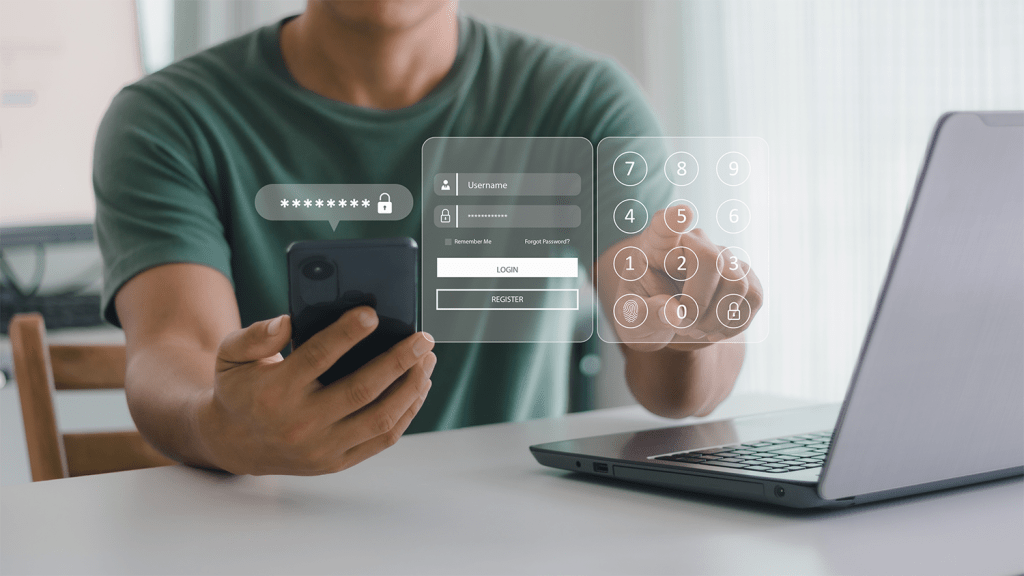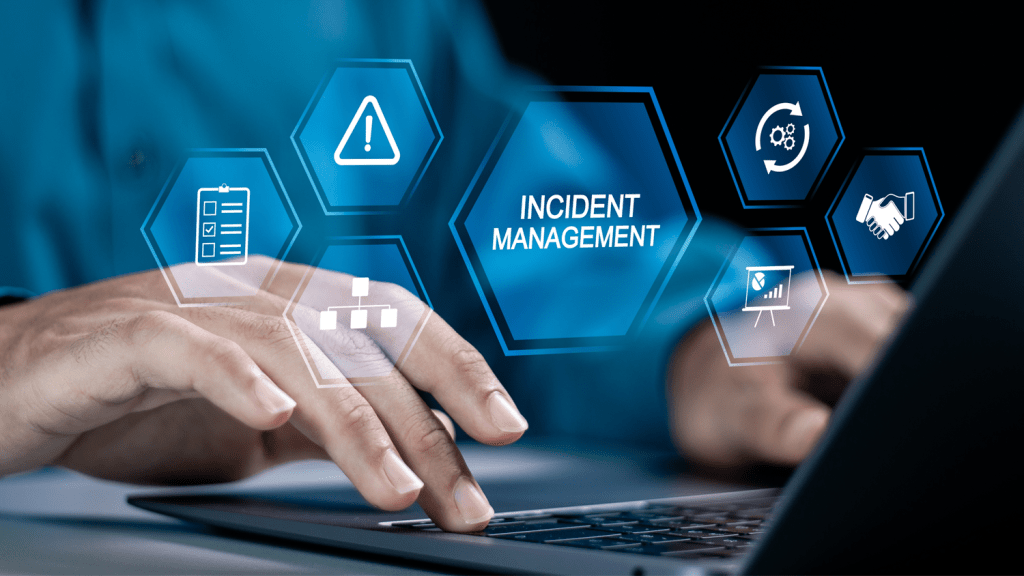Cybersecurity has become a necessity no matter your business size.
With most business assets now digital, protecting them from cyber threats is critical. In today’s world, where data breaches and cyber-attacks are becoming more frequent, a robust cybersecurity strategy is needed.
This is your guide to preparing your SME for the ever-evolving cybersecurity landscape.

The Growing Importance of Cybersecurity
Businesses, particularly SMEs, must adapt to stay safe. Josh Motta, CEO of Coalition, highlights the pressing need for a new approach to cyber insurance and risk management. He argues that traditional models are no longer enough in an age where cyber risks are constantly changing.
SMEs need to rethink their cybersecurity strategies to protect their intangible assets.
The Inadequacy of Traditional Cyber Insurance
Traditional cyber insurance policies were designed in a different era and often fall short in addressing modern cyber risks. These policies typically focus on covering physical assets, leaving gaps in protection for digital assets, which are now the main target of cyber criminals.
Aim to quantify and predict cyber risks for your business, and also third-party risks (such as from those with whom you do business). This approach will guide you to secure a more comprehensive coverage for businesses.
Understanding Modern Cyber Threats
Today’s businesses face a myriad of cyber threats, including ransomware, malware, phishing, and data breaches. Ransomware attacks, for instance, can cripple a business by locking down critical data until a ransom is paid.
Meanwhile, phishing attacks trick employees into giving away sensitive information, often leading to significant financial losses. According to the business.gov website, figures show these threats are prevalent and increasingly costly. The average data breach costs Australian businesses millions.
Understanding these threats is the first step in protecting your business. Below we comprehensively list key cybersecurity measures you can harness.
Risk Assessment and Vulnerability Management

Regular risk assessments are key to identify and address vulnerabilities before they can be exploited. Tools such the Cyber Security Assessment Tool can help you evaluate your SME’s cybersecurity posture and highlight areas for improvement. The Australian Government recommends using that tool annually. It ranks you as starter, developing, graduate or champion offering specific actions. By proactively managing risks, you can significantly reduce the likelihood of a successful cyber-attack.

Multi-Factor Authentication (MFA) and Strong Passwords
Implementing Multi-Factor Authentication (MFA) and enforcing strong password policies are simple yet effective ways to protect your business accounts and data. MFA adds an extra layer of security, ensuring that even if a password is compromised, unauthorised access is still prevented. Strong, unique passwords for each account further reduce the risk of breaches.

Regular Software Updates and Backups
Keeping your software up to date is crucial in defending against cyber threats. Software updates often include patches for security vulnerabilities that could be exploited by attackers. Additionally, regular data backups ensure that you can quickly recover your data in the event of a breach or ransomware attack. These simple practices can save your business from significant disruption.

Employee Education and Training
Your employees are your first line of defence against cyber threats. Ongoing cybersecurity training ensures that they can recognise and respond to potential threats effectively. Teaching your staff about common tactics like phishing can prevent many attacks before they occur. Regular training sessions should be part of your cybersecurity strategy.

Protecting Customer Information
Securing customer data is not just a legal obligation under the Australian Privacy Principles; it’s also essential for maintaining your business’s reputation. Invest in secure online environments and robust data protection measures to prevent breaches that could damage your relationship with your customers. The consequences of a data breach can be severe, both legally and reputationally.

Developing a Cybersecurity Policy
A comprehensive cybersecurity policy is vital for guiding employee behaviour and ensuring data protection. This policy should be tailored to your business’s specific needs and include clear guidelines on how to handle data, manage passwords, and respond to cyber threats. An effective cybersecurity policy can serve as a roadmap for maintaining security and mitigating risks.

Emergency Management and Incident Response
Having an emergency management plan in place is crucial for responding to cyber incidents quickly and effectively. Your plan should include reporting procedures, communication strategies, and steps for containing and recovering from an attack. Being prepared can significantly reduce the impact of a cyber-attack on your business.
Cyber Liability Insurance
Cyber liability insurance is an essential part of your overall cybersecurity strategy. It covers the costs associated with cyber-attacks, including legal fees, data recovery, and business interruption.
However, it’s important to understand what your policy covers and to consult with your insurance broker or adviser to ensure it meets your needs. Don’t wait until it’s too late to review your coverage.
Insurance can offer you peace of mind about security (but it’s not set and forget) and give you access to expert management of a breach as soon as it occurs. Just 20% of Australian SMEs have invested in cyber insurance. Here’s why that rate is so low:
- Lack of awareness of cyber risks, so SMEs don’t think they need this insurance cover
- Policies can be complex, have technical jargon, so are hard to digest
- The cost may be a barrier if they don’t think they need it
- SMEs have fewer insurance options than larger clients
- Business owners think they’re too small for hackers to target, despite accounting for almost half of breaches, and
- SMEs’ perception that their other insurance covers them for cyber risks.
However, with breaches increasing and a tightening regulatory environment, we expect uptake of cyber insurance policies to rise.

Staying Updated and Seeking
Professional Help
Cyber threats are constantly evolving, so staying informed to help protect your business. Tap into official resources such as from the Australian Cyber Security Centre (ACSC), which includes a Cyber Wardens program to train your staff. provide valuable updates on the latest threats and security measures. Additionally, seeking advice from cybersecurity professionals can help you develop tailored security plans that address your business’s unique risks. Don’t hesitate to reach out for expert guidance.
Proactive cybersecurity measures and regular risk assessments are essential in today’s digital world. By staying informed, implementing the right security practices, and ensuring you have comprehensive cyber insurance, you can protect your business from the growing threat of cyber-attacks. Contact us as your broker or adviser today to review your coverage and ensure you’re fully protected.

